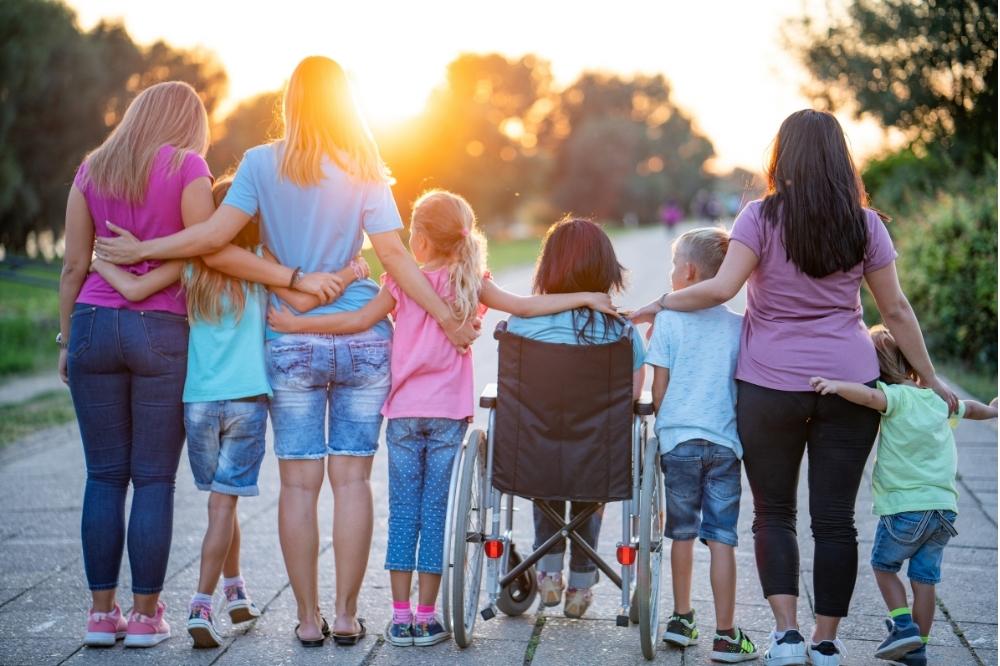Life after cancer can bring a wave of relief, gratitude, and hope, but also confusion, fear, and lingering challenges. While the completion of treatment marks a significant milestone, it is far from the end of a cancer survivor’s journey. Survivorship comes with its own set of physical, emotional, and social needs that often go unaddressed.
For many individuals, adjusting to life post-treatment involves learning how to manage changes in health, identity, and daily routines. From long-term side effects to anxiety about recurrence, continued care is not a luxury, it’s a necessity. Recognizing the importance of ongoing support systems can greatly improve the quality of life for cancer survivors and help them thrive in the years beyond their diagnosis.

Emotional Recovery Requires Community and Connection
Even after treatment ends, many survivors struggle with lingering emotional trauma. The intense focus on survival during treatment can often overshadow the psychological aftermath, which may include depression, anxiety, or post-traumatic stress. It’s common for survivors to feel isolated, misunderstood, or unsure how to reconnect with their pre-diagnosis lives.
Support groups offer a safe space for survivors to share their stories and feelings without judgment. When survivors take the opportunity to meet others who beat cancer, they build bonds rooted in shared experience. These connections validate feelings and help ease the sense of being alone in post-cancer struggles. Peer networks can provide practical advice, inspiration, and a renewed sense of purpose that comes from belonging to a community that truly understands.
Long-Term Health Monitoring Is Important
Survivors often face ongoing health concerns due to the effects of chemotherapy, radiation, or surgery. Some treatments may lead to cardiovascular issues, hormonal imbalances, or secondary cancers that can arise years later. Because of this, survivors require routine check-ups, screenings, and consultations with specialists long after their initial treatment is complete.
Primary care physicians and oncologists must work collaboratively to create personalized survivorship care plans. These documents outline follow-up schedules, recommended lifestyle changes, and risk factors based on the survivor’s unique history. With this approach, potential complications can be caught early, and health can be better preserved.
Physical Side Effects Don’t Always End With Treatment
Many cancer survivors continue to deal with fatigue, neuropathy, joint pain, or lymphedema for months or even years. These physical limitations can interfere with daily activities, employment, and social engagement, making it critical to offer access to rehabilitation services and pain management.
Physical therapy, occupational therapy, and exercise programs tailored to cancer survivors can make a significant difference in mobility and comfort. In many cases, even light exercise improves energy levels and enhances emotional well-being. Survivors benefit greatly when care teams integrate these services into their ongoing health strategy.
Financial and Employment Challenges Need Addressing
Cancer can take a toll on finances, with many survivors facing lingering medical bills, reduced work hours, or career changes due to lingering health issues. Some may lose employer-sponsored insurance or find it difficult to qualify for new coverage due to pre-existing condition clauses, depending on location and policy.
Survivorship care should include resources for financial counseling and employment support. Survivors may need help navigating health insurance options, applying for disability benefits, or re-entering the workforce with modified responsibilities. Creating accessible pathways to professional guidance alleviates stress and allows survivors to focus on healing without the additional burden of financial uncertainty.
Mental Health Must Be a Priority
It’s easy to overlook the silent weight of mental health struggles in survivors when physical recovery appears to be going well. However, studies show a strong link between emotional health and long-term survival outcomes. Left untreated, anxiety, depression, and feelings of hopelessness can severely impact recovery and reintegration into everyday life.
Therapeutic support, from psychologists, licensed counselors, or social workers, should be normalized and integrated into survivorship programs. Whether through individual therapy, family counseling, or mindfulness-based practices, survivors need safe outlets to process their experiences and rebuild resilience. Mental health care is not separate from physical care, it’s a vital part of whole-person recovery.
Survivorship Education Empowers Better Self-Care
Education is an important tool for regaining a sense of control after cancer. Many survivors feel uncertain about what is considered normal post-treatment and what symptoms require medical attention. Without proper knowledge, this uncertainty can escalate into health anxiety or delayed treatment.
Structured survivorship education programs help bridge the knowledge gap. Topics such as nutrition, sleep hygiene, stress reduction, and recognizing signs of recurrence empower survivors to take proactive roles in managing their health. Armed with accurate information and practical strategies, individuals are better equipped to make informed choices and advocate for their needs.

A cancer-free diagnosis is a tremendous victory, but it marks the beginning of a new chapter, not the end of the story. Through ongoing support, consistent care, and a compassionate community, survivors can thrive physically, emotionally, and socially. Investing in continued care is not just a health imperative, it’s a celebration of life after cancer.

